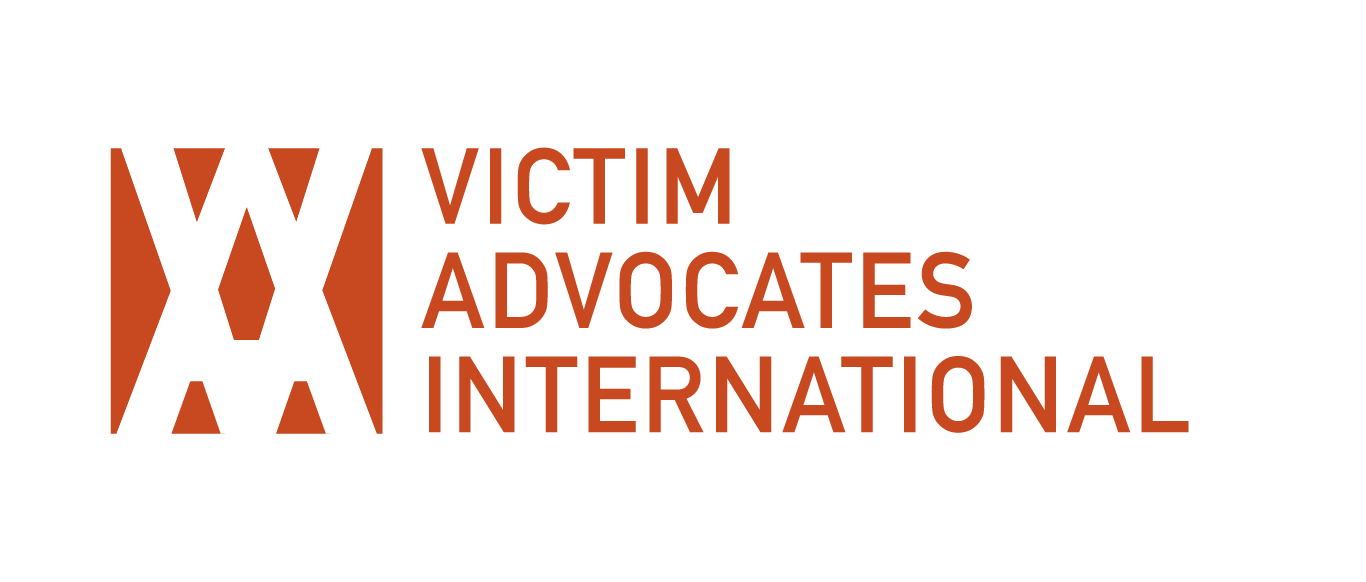What is transitional justice?
Transitional justice is an important concept about dealing with past problems when things change. Here at Victim Advocates International, it is completely foundational to our work with victim groups.
According to the International Center for Transitional Justice:
“Transitional justice refers to how societies respond to the legacies of massive and serious human rights violations. It asks some of the most difficult questions in law, politics, and the social sciences and grapples with innumerable dilemmas. Above all, transitional justice is about victims.”
What Is Transitional Justice?
Transitional justice helps when a country is switching to a new way of doing things. This can be after a war, when a country becomes more democratic, or when there was a lot of violence or unfairness in the past. It's about helping people face the past, make peace, and build a better future.
How Does It Work?
Transitional justice uses different methods. These include:
Truth and Reconciliation Commissions (TRCs): These groups investigate past wrongs and let people talk about what happened. It helps record what went wrong and makes people feel better.
Criminal prosecutions: People who committed crimes can be taken to court. This holds them accountable.
Amnesty: Sometimes, those who admit their mistakes get forgiveness in return. This encourages honesty.
Reparations: People who suffered because of the past can get help. It could be money or other support to make their lives better.
Fixing institutions: Sometimes, the police or army needs changes to avoid a repeat of past events.
Remembering: Monuments and museums help remember what happened, so we learn from the past.
Listening to people: Those who were hurt get to have a say in what happens. It's important to think about their needs.
Why is it so important?
Transitional justice matters for many reasons:
Holding people accountable: It makes sure people who committed crimes are held responsible for their actions.
Making peace: By talking about what happened, people can feel better and make peace with each other.
Preventing more problems: Changing things in society helps stop bad things from happening again.
Keeping things stable: A fair and peaceful society is more likely to do well and not have more problems in the future.
Conclusion
Transitional justice is a multi-pronged approach to deal with past problems. It makes sure people are treated fairly and held accountable. It uses things like TRCs and court cases to ensure victims obtain justice. It's vital for making peace and building a better future after difficult times.

